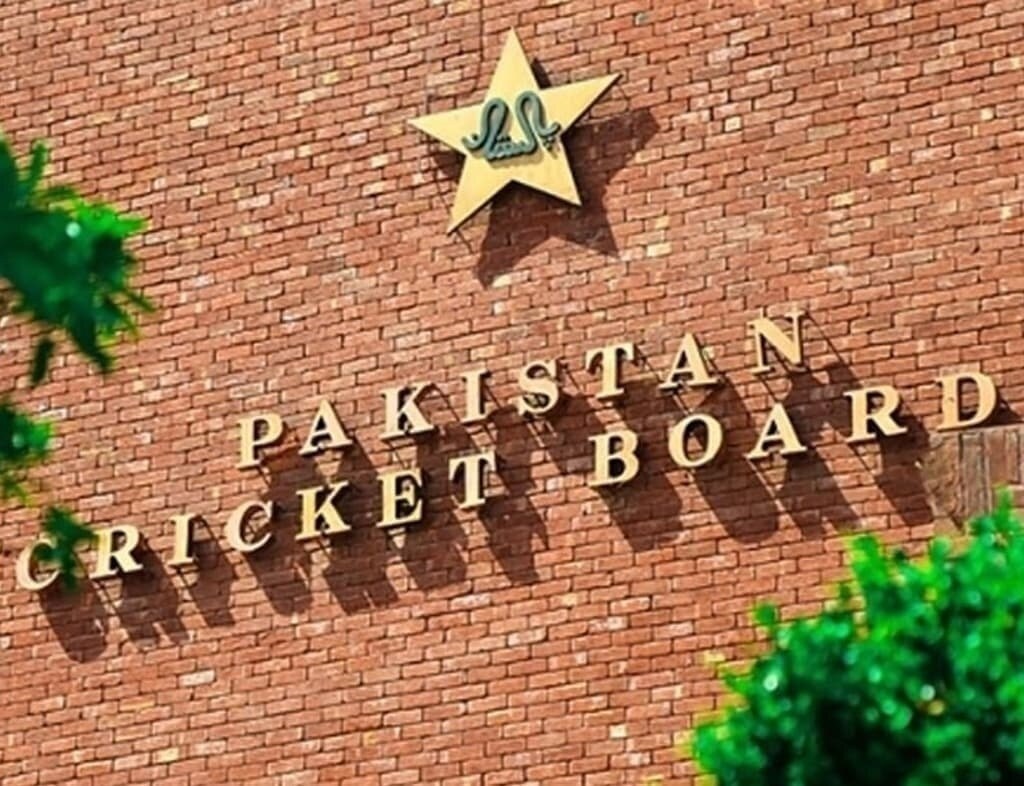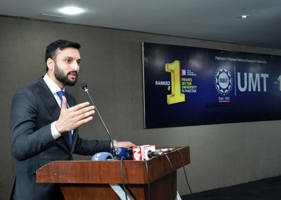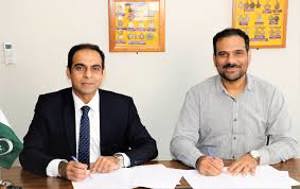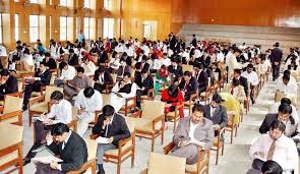
In a landmark move to promote the holistic development of young athletes, the Pakistan Cricket Board (PCB) has signed a three-year addendum with the Beaconhouse School System to offer free education to 120 top-performing young cricketers across Pakistan. The initiative aims to support players in the U15, U17, and U19 categories, ensuring they receive quality education alongside their cricketing journey.
The agreement, effective from July 31, 2025, to July 31, 2028, is part of PCB’s ongoing commitment to building a sustainable pathway that focuses not only on sports but also on academic excellence. This partnership will enable deserving players to pursue education without financial burden while continuing to train and compete at regional and national levels.
Signing Ceremony at Gaddafi Stadium Lahore
The signing ceremony took place at the Gaddafi Stadium, Lahore, in the presence of several key figures from both organizations. Representing the PCB were Chairman Mohsin Naqvi, COO Sumair Ahmed Syed, White-ball Head Coach Mike Hesson, Director Domestic Cricket Operations Abdullah Khurram Niazi, and SGM Domestic Junaid Zia.
From the Beaconhouse School System, the distinguished attendees included Mr. Kasim Kasuri (Chief Executive), Mr. Ali Ahmad Khan (COO), Mr. Faisal Nisar (AD Operations), Ms. Syeda Iram Naqvi (General Manager), and Ms. Tania Mallick (Manager Sports).
During the ceremony, both organizations reaffirmed their shared vision of nurturing young cricketers through a balanced blend of education and sports training, helping them grow into well-rounded individuals who can contribute to Pakistan’s future both on and off the field.
PCB Chairman Mohsin Naqvi Commends Beaconhouse’s Support
While addressing the event, PCB Chairman Mohsin Naqvi lauded Beaconhouse’s contribution to this noble cause, emphasizing that education and sports go hand in hand when it comes to developing future leaders.
“With this partnership, our young players will have the opportunity to continue their education while pursuing their cricketing dreams,” said Naqvi. “This initiative reflects our long-term vision of creating a complete pathway for player development — one that combines academic growth with sporting excellence.”
Naqvi further added that the PCB is determined to expand such educational scholarship programs in the coming years. He emphasized that these efforts will help young athletes focus on their personal growth, stability, and future prospects, both as cricketers and as citizens.
Beaconhouse’s Vision for Student-Athletes
Speaking on behalf of Beaconhouse, Chief Executive Mr. Kasim Kasuri expressed pride in partnering with the PCB on a project that aligns with Beaconhouse’s philosophy of nurturing talent through education.
“Beaconhouse has always believed in empowering youth through education,” Kasuri stated. “By collaborating with the PCB, we are ensuring that these young cricketers — many of whom come from diverse regions — receive not only quality learning but also life opportunities that can transform their future.”
He highlighted that Beaconhouse, one of the largest educational networks in Pakistan, is committed to offering top-tier academic programs, mentoring, and career counseling to all scholarship recipients.
120 Young Cricketers to Benefit from Full Scholarships
Under the agreement, 120 deserving players have already been identified and recommended by the PCB based on their performance, potential, and commitment. These students come from 16 regions across Pakistan, ensuring representation from both urban and rural areas.
The scholarships will cover tuition fees, academic resources, and educational support services, enabling the students to attend Beaconhouse campuses near their regions. The initiative aims to eliminate the financial challenges faced by young athletes who often struggle to balance education with the demands of sports training.
According to the PCB, these players are part of the pathway program designed to prepare them for higher levels of competition — including Pakistan U19, Pakistan Shaheens, and eventually, the national team.

A Step Toward Sustainable Cricket Development
This collaboration between PCB and Beaconhouse marks a crucial step toward building a sustainable cricket ecosystem that invests in education as a key pillar of player development. Over the years, several young cricketers have faced challenges in continuing their studies due to extensive training schedules and limited financial resources.
By offering structured educational opportunities, the PCB aims to address these gaps, allowing players to remain focused and motivated both on the field and in the classroom. The initiative also ensures that those who may not pursue professional cricket in the long run still have strong academic foundations to build their careers elsewhere.
The move reflects the PCB’s broader Pathway Cricket Development Strategy, which focuses on grooming players from the grassroots level through a combination of skill development, mental conditioning, and educational empowerment.
Broader Impact on Sports and Education in Pakistan
The partnership has been widely praised within sports and education circles, with many viewing it as a model for future collaborations between educational institutions and sports organizations. It underscores the growing recognition that academic support is vital for the mental and emotional well-being of athletes.
By integrating sports with academics, the program sets a precedent for other national sports federations to follow, ultimately contributing to Pakistan’s goal of producing educated, disciplined, and socially responsible athletes.
Industry experts also believe this initiative can inspire parents to support their children’s athletic ambitions, knowing that their educational future remains secure.
The PCB-Beaconhouse partnership is set to become a long-term success story, blending sports excellence with educational opportunity. As the first batch of scholarship students begins their journey in July 2025, both institutions plan to track their progress through academic assessments and cricketing milestones.
PCB has also expressed interest in expanding this program to include more age groups and potentially collaborate with other educational networks in the future.
In conclusion, the three-year educational partnership between the Pakistan Cricket Board and Beaconhouse School System stands as a shining example of how investing in young talent — both intellectually and athletically — can lay the foundation for a stronger, more resilient sporting nation.



.jpg)













Share your comments & questions here
No comments yet. Be the first to comment!